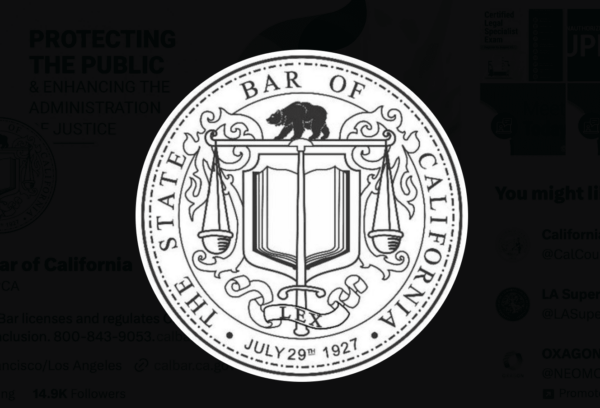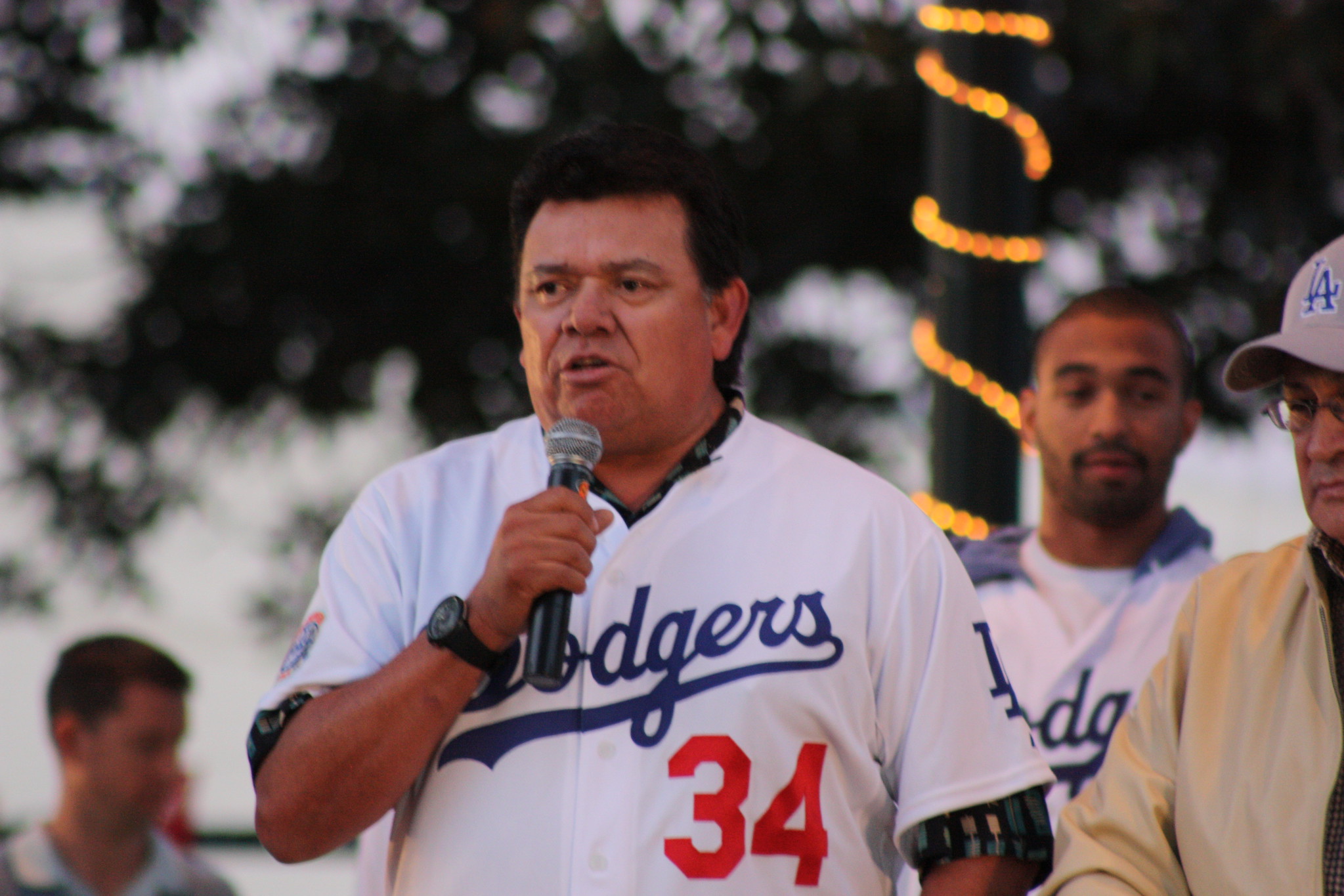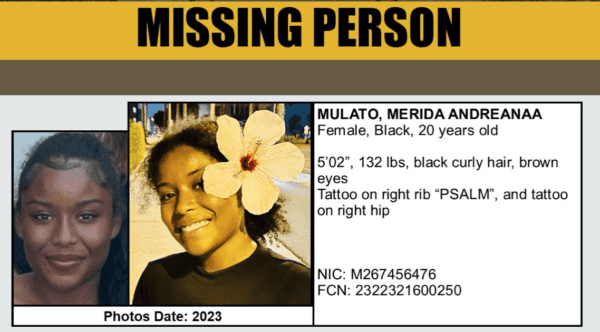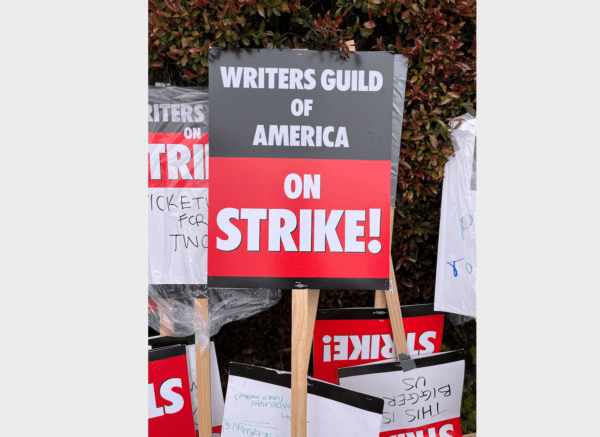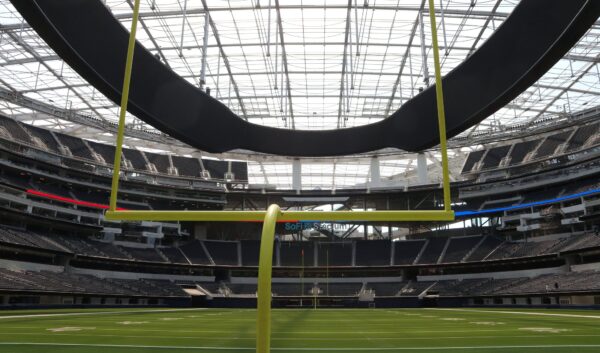California State Bar officials on Thursday filed a motion to oppose former Chapman University law school dean John Eastman’s attempts to delay his disbarment proceedings based on his identification as “Co-Conspirator 2” in the federal indictment former President Donald Trump for election fraud.
Eastman “is in the same situation now as when he previously decided to proceed with trial” in the State Bar Court, state bar attorney Duncan Carling wrote.
Eastman “has not been charged with a crime, he has not received a target letter, and none of the Trump indictment’s allegations regarding (Eastman’s) conduct and potential status as a co-conspirator has changed his status in a material way, particularly given the finding by a (federal) court in March 2022 … that it was more likely than not (Eastman) conspired with Trump to (conspire to defraud the United States),” Carling wrote.
Carling added it “remains speculative” whether Eastman will be charged with a crime “and there is no time frame for the filing of any such charges, much less the resolution of any such charges.”
It is “pure speculation” that the Trump indictment has heightened Eastman’s exposure to criminal charges, Carling said.
“Indeed, (Special Counsel Jack Smith’s) decision to charge Trump but include (Eastman) only as an unnamed, uncharged co-conspirator, might be interpreted as suggesting that (Eastman) is less likely to be charged,” Carling said. “At the least, the failure to include (Eastman) in the Trump indictment leaves it uncertain whether, or when, (Eastman) might be subject to criminal charges.”
Carling noted that Eastman has invoked his Fifth Amendment rights against self-incrimination before the congressional committee investigating the Jan. 6 riots at the Capitol as well as in a state election fraud investigation before a grand jury in Georgia.
Before the State Bar Court hearings Eastman considered requesting a delay, but agreed to go forward, Carling said.
“Now, having heard six days of evidence against him, including testimony from (former Vice President Mike Pence counsel Greg Jacob), Dr. Justin Grimmer, and four state election officials, and after being confronted with evidence demonstrating the absence of support for his frivolous and false claims of fraud and a stolen election, (Eastman) seeks to use the Trump indictment as an excuse to delay the rest of his trial,” Carling said. “This is nothing more than an opportunistic attempt to delay the decision in (Eastman’s) State Bar case, as his situation with regard to potential criminal charges is the same today as when the trial started.”
Carling said it may take “several years” until a criminal case is resolved.
“The State Bar and the public interest in resolving this case would be highly prejudiced by delaying the completion of trial and decision by several years,” Carling said.
As for Eastman’s request to delay proceedings for at least three months, Carling objected to that as well. Carling said it appears Smith may intend to go forward with a case against Trump to speed up a trial before the presidential election.
The disbarment proceedings began in June and were set to resume Aug. 22, but last week Eastman’s attorney filed a motion to suspend them for three months.
The state bar is seeking to disbar Eastman for pushing “baseless legal theories” to stymie the certification of President Joe Biden’s election.
“A stay is warranted in the interests of justice, as recent developments in the investigation have renewed and intensified (Eastman’s) concerns that the federal government might bring charges against him and that he will therefore need to invoke his Fifth Amendment right against self-incrimination in this proceeding,” attorney Randall Miller wrote in a motion.
Eastman was not named in the indictment, but Smith identifies Eastman as “Co-Conspirator 2” by quoting from Eastman’s speech to the crowd on Jan. 6 that included some of the mob that attacked the Capitol as Congress was certifying Biden’s election.
“The indictment heightens the potential for (Eastman) to be charged as a criminal defendant,” Miller said. “Conspicuously, the charging document does not refer to the unnamed co-conspirators as ‘unindicted co-conspirators’ — a term commonly used to refer to a person who allegedly took part in a conspiracy to commit a crime, but who is not officially charged.
“This omission, among other things, raises the specter of a superseding indictment being handed up in the future naming one or more co-conspirators as additional defendants. Indeed, the issuance of superseding indictments that change the status of co-conspirators from ‘unindicted’ to ‘indicted’ is accepted practice.”
Miller argued that when “there are parallel criminal and civil proceedings, the defendant faces the difficult choice of asserting his Fifth Amendment right at the risk of losing a non-criminal trial (here, a disciplinary proceeding), or waiving his constitutional right against self- incrimination. Courts have recognized the need to stay civil proceedings to avoid prejudicing the defendant’s rights.”
Miller also said that a “criminal case receive precedence over this disciplinary proceeding.”

